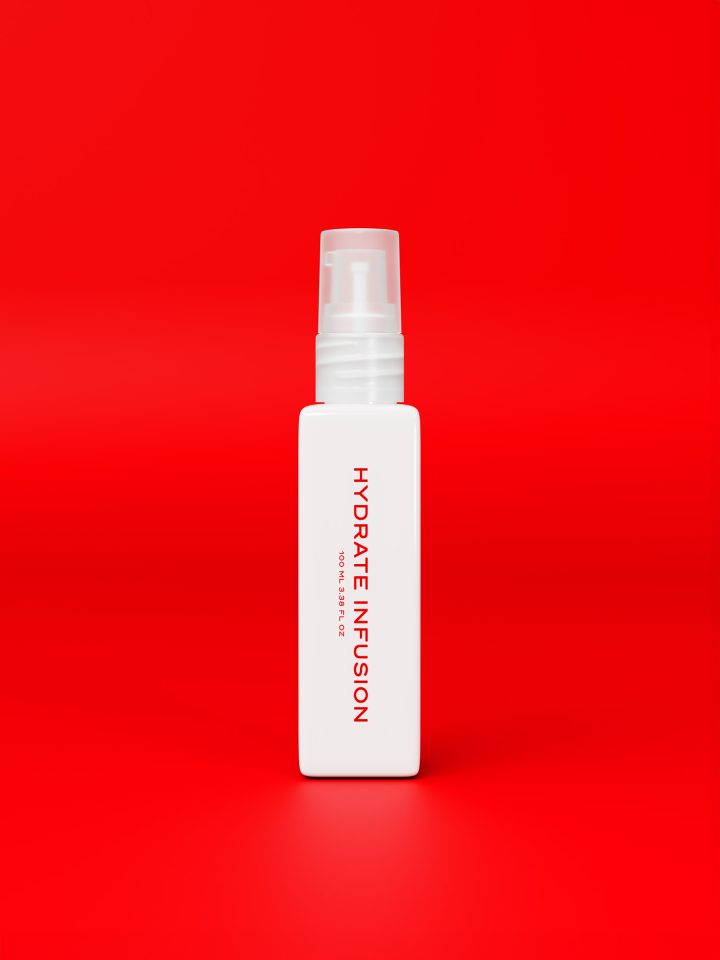Noticing your hair starting to thin or finding tufts of hair on your pillow every morning is something most of us can relate to in some way. Whether you are at the beginning of hair loss or have been living with it for a while, it can be an emotionally draining experience. It affects our self-confidence and sometimes even how we see ourselves. But here's the good news: there are ways to treat hair loss, and with the right knowledge, you can give your hair a second chance at life.
In this guide, we'll explore everything you need to know about hair loss, from what causes it, to the best methods and products to treat it. We'll talk about gentle hair care routines, ingredients that really work, and how you can give your hair and scalp the love and care they deserve. And as a bonus, we'll share some of our best products to help you along the way!
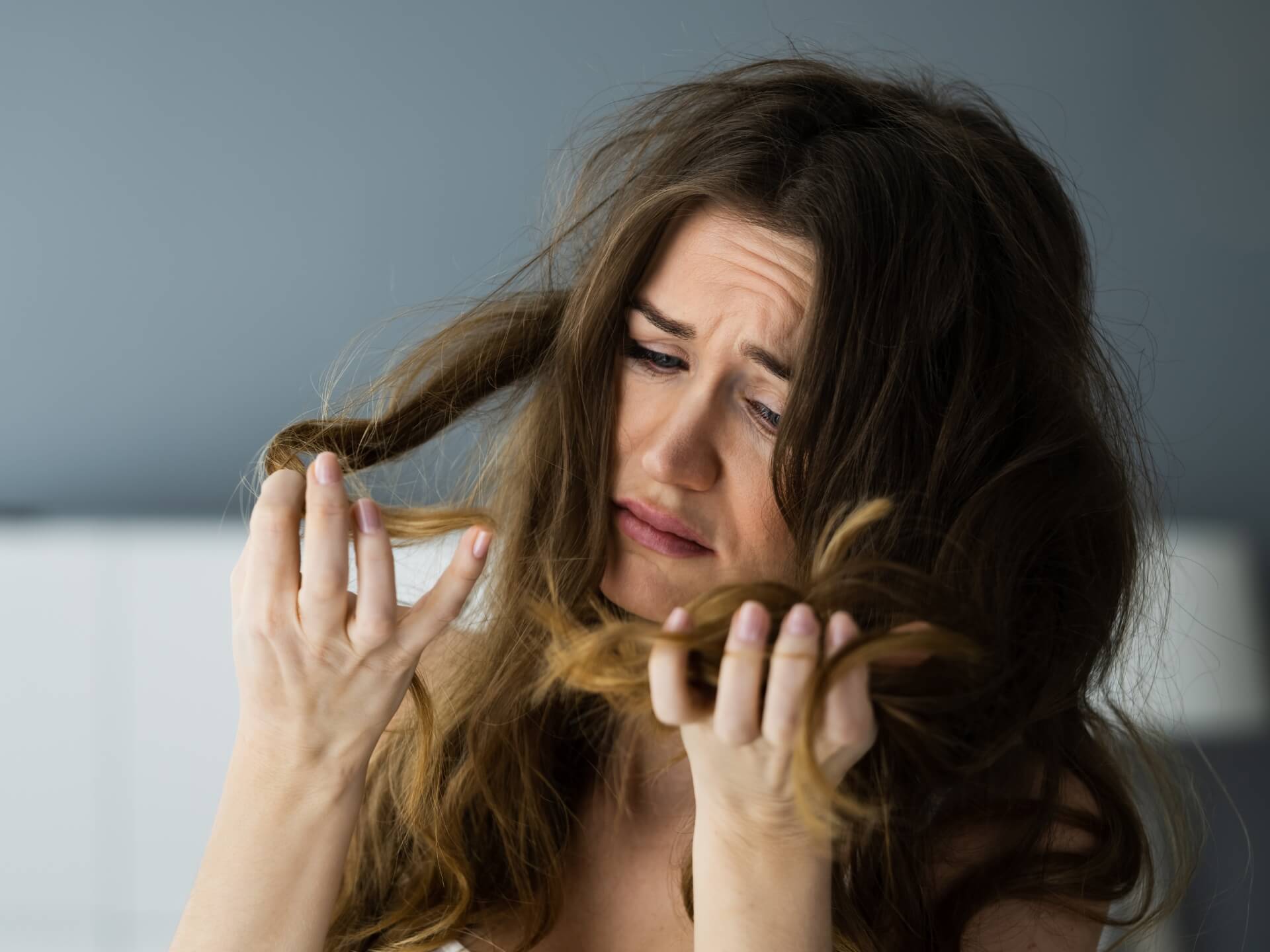
What causes hair loss?
Before we get into how you can treat hair loss, it's important to understand what might be behind the problem. There are many different reasons why hair can start to fall out, and knowing which cause applies to you is an important first step in finding the right treatment.
Here are some of the most common causes of hair loss:
- Genetic factors - If you have a family history of hair loss, it is very possible that you will also experience it. This is called androgenetic alopecia and is the most common cause of hair loss in both men and women. It is hereditary and caused by a combination of genes and hormonal changes.
- Stress and trauma - You've probably heard that stress can cause hair loss, and it's true. When we're under extreme pressure, the body goes into a kind of survival mode where certain functions, like hair growth, are no longer prioritized. Telogen effluvium is a type of hair loss that can be caused by stress and usually occurs 2-3 months after a stressful event.
- Hormonal changes - Pregnant and menopausal women are particularly prone to experiencing hair loss due to hormonal changes. Hormones such as oestrogen and progesterone play a major role in the hair growth cycle, and when their levels change, it can affect hair.
- Nutritional deficiencies - If you don't get enough essential vitamins and minerals such as iron, zinc and biotin, your hair can start to fall out. It's important to be mindful of what we eat and ensure we get a balanced diet that gives our hair the nutrients it needs.
- Harsh hair care routines - Regular use of heat tools, harsh styling products and excessive brushing can wear out hair and cause it to break or fall out. In addition, tightly pulled hairstyles such as ponytails or braids can strain hair follicles and cause permanent hair loss over time.
How you can treat hair loss
Now that you know what might be causing your hair loss, it's time to focus on how you can actually treat it. Fortunately, there are a variety of methods and products that can help you restore your hair and prevent future hair loss.
Here are some of the best and most effective ways to treat hair loss and regain control of your hair!
1. Eat right for stronger hair
We've all heard that we are what we eat, and this certainly applies to our hair too! Your hair needs specific nutrients to grow strong and healthy, and if you're lacking any of these, it can negatively affect hair growth. Therefore, one of the most important things you can do to treat hair loss is to make sure your diet contains the right nutrients.
- Protein - Because your hair is made up of a protein called keratin, getting enough protein in your diet is crucial. Eat foods like eggs, chicken, beans and tofu to give your hair the building blocks it needs.
- Biotin - This B vitamin is known to support hair growth and is found in foods such as nuts, eggs and avocados.
- Omega-3 fatty acids - These fatty acids help keep your scalp healthy and moisturized. You can find them in oily fish such as salmon and mackerel, as well as in chia seeds and walnuts.
In addition to eating a nutritious diet, consider taking supplements formulated to strengthen your hair if you find it difficult to get everything through food.
2. use gentle hair care products
Taking care of your hair starts with choosing the right products. If you have a sensitive scalp or already notice that your hair is thinning, you should avoid products containing harsh chemicals that can make the problem worse.
Instead, you should choose vegan and sulfate-free hair care products that are gentle on both hair and scalp. Many of our customers with sensitive hair have had great success with our Caring Conditioner. It contains hyaluronic acid and avocado oil to deeply moisturize the hair, while piroctone olamine soothes the scalp and reduces irritation.
3. massage the scalp
A simple but often underestimated method to counteract hair loss is to regularly massage the scalp. It increases blood circulation to the hair follicles, allowing more nutrients to be transported there and support hair growth.
You can give yourself a scalp massage by using your fingers in circular motions over your entire scalp. For even better results, you can combine the massage with a nourishing scalp product, like our Scalp Food. It contains aloe vera and yacon fruit to help soothe and rebalance the scalp, while peptides and peppermint oil stimulate hair growth.
4. protect your hair from heat
Heat is one of the biggest culprits when it comes to damaging hair and causing hair loss. Using a straightener, curling iron or hair dryer on a daily basis can, over time, lead to hair becoming brittle and breaking off easily. It is therefore important to always protect your hair with a heat protection product before using heating tools.
Our Nourishing Heat Protection is the perfect solution for those who love to style their hair but want to keep it protected from heat damage. It moisturizes and strengthens hair while creating a protective barrier against heat up to 230°C.
5. Invest in a hair wrap
If your hair is already damaged or you notice that it's starting to thin, it's important to give it extra love and care. A deep conditioning treatment may be just what your hair needs to regain strength and shine.
Our Caring Masque is a luxurious, vegan hair wrap formulated to provide deep hydration. It contains shea butter and hyaluronic acid, both of which are known for their moisturizing properties and help repair damaged hair from root to tip.
Common mistakes when trying to treat hair loss
When trying to treat hair loss, there are some common mistakes that many people make, and these can actually make the problem worse instead of solving it. Here are some things to avoid when treating hair loss:
- Choosing the wrong products - Many people think that stronger products give better results, but this can do more harm than good, especially if you have a sensitive scalp. Instead, choose mild, vegan products that are free of harmful chemicals.
- Too much heat styling - Heat is a major cause of wear and tear, so try to reduce the use of heat tools and always use heat protection.
- Ignoring your diet - Hair growth starts from the inside, so eating nutritious food is crucial to having strong and healthy hair.
How long does it take to treat hair loss?
Patience is a virtue when it comes to treating hair loss. You may not see results immediately, but with the right methods and products, you can expect to see an improvement within three to six months. It also depends on the cause of your hair loss, your hair care and your lifestyle. For example, if you suffer from hormonal hair loss, it may take a little longer to regain thicker hair, but it is absolutely possible with the right treatment.
Frequently asked questions about treating hair loss
Q: How can I stop hair loss quickly?
A: It's difficult to stop hair loss immediately, but using gentle products, eating a nutritious diet and massaging your scalp regularly can reduce hair loss in the long run. Acting quickly on early signs of hair loss is also important for best results.
Q: What vitamins are good for hair growth?
A: The most important vitamins for hair growth include biotin (B7), zinc, iron and vitamin D. These nutrients help strengthen hair follicles and promote healthy hair growth.
Q: Can stress cause hair loss?
A: Yes, prolonged or sudden stress can definitely contribute to hair loss. Hair loss due to stress is often temporary but may require several months for hair to return to its normal growth cycle.
Q: Does scalp massage help with hair loss?
A: Yes, scalp massage is a simple and effective way to stimulate blood circulation in the scalp, which in turn can help stimulate hair growth.
Q: How often should I use a hair mask?
A: For best results, you should use a moisturizing and strengthening hair wrap once or twice a week, depending on how damaged or dry your hair is.

Caring Shampoo Gentle sulfate-free moisturizing shampoo 26,00 € - available on subscription from every 7 weeks
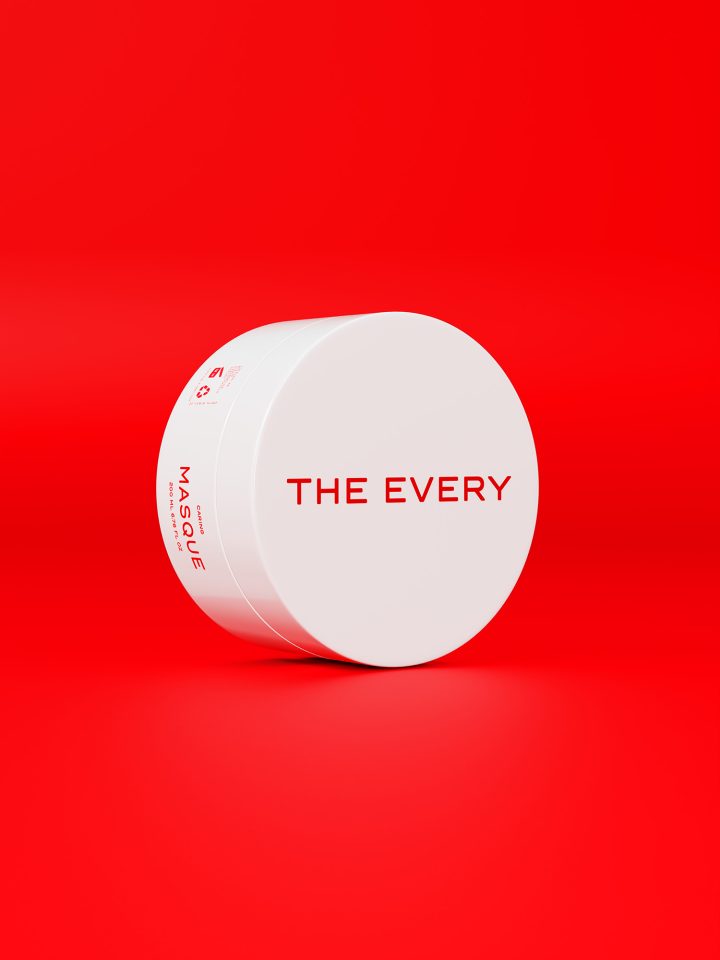
Caring Masque Intensively nourishing hair mask with shea butter 35,00 € - available on subscription from every 10 weeks
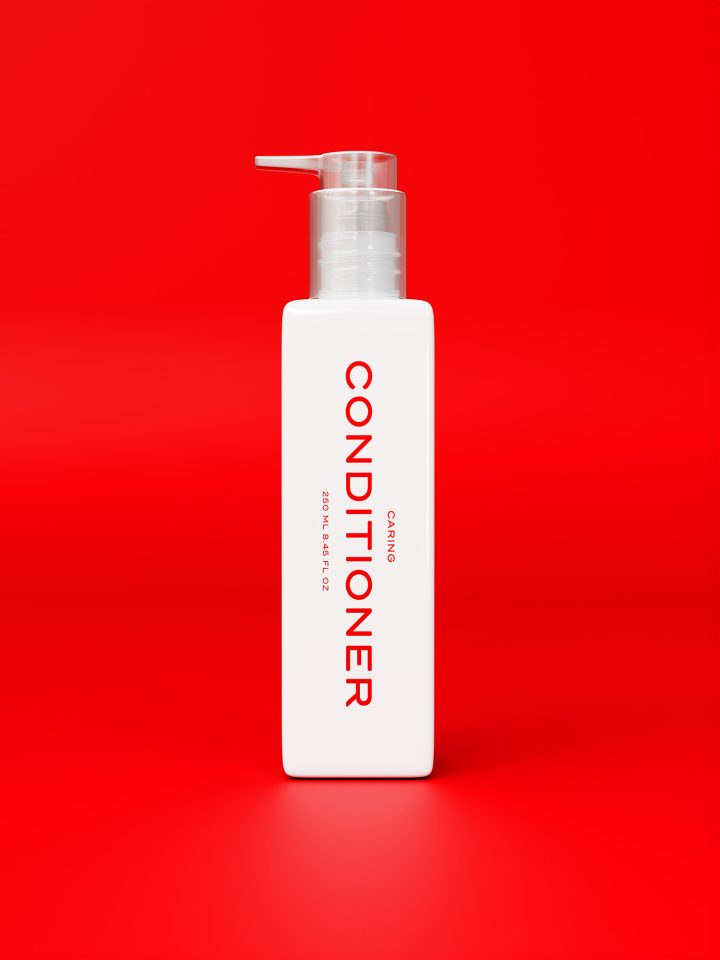
Caring Conditioner Gentle sulfate-free moisturizing conditioner 26,00 € - available on subscription from every 7 weeks
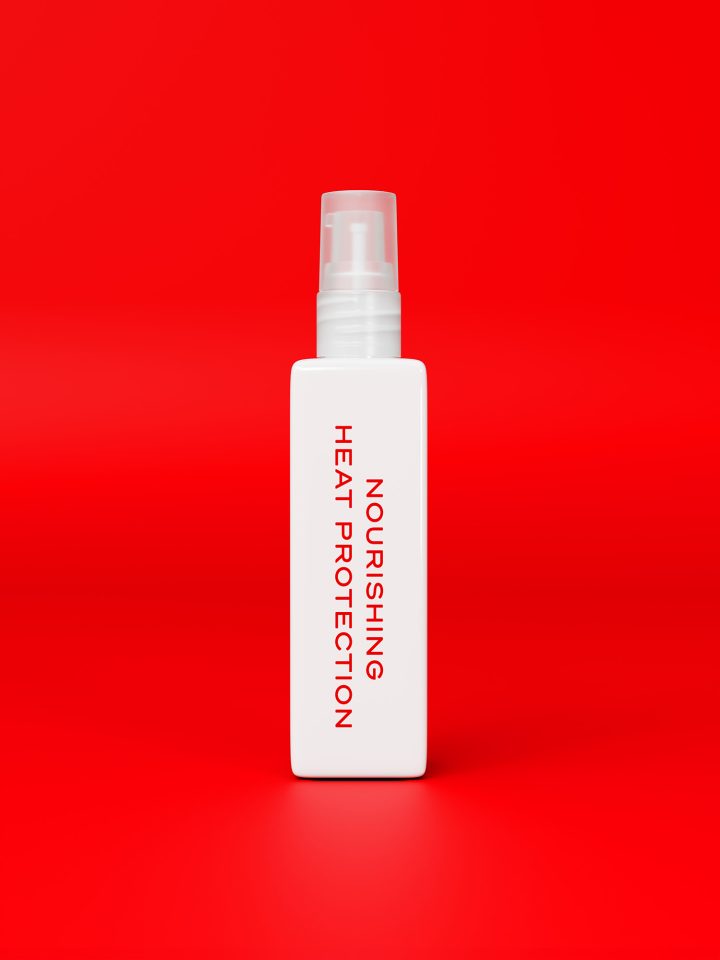
Nourishing Heat Protection Ultra-protective, nourishing leave-in cream 27,00 € - available on subscription from every 7 weeks
